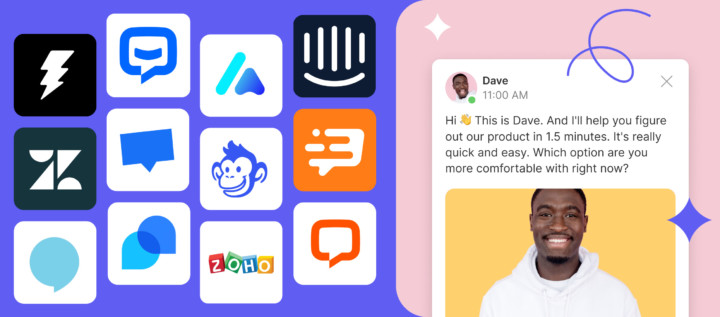Top 10 best AI that can make apps in 2025
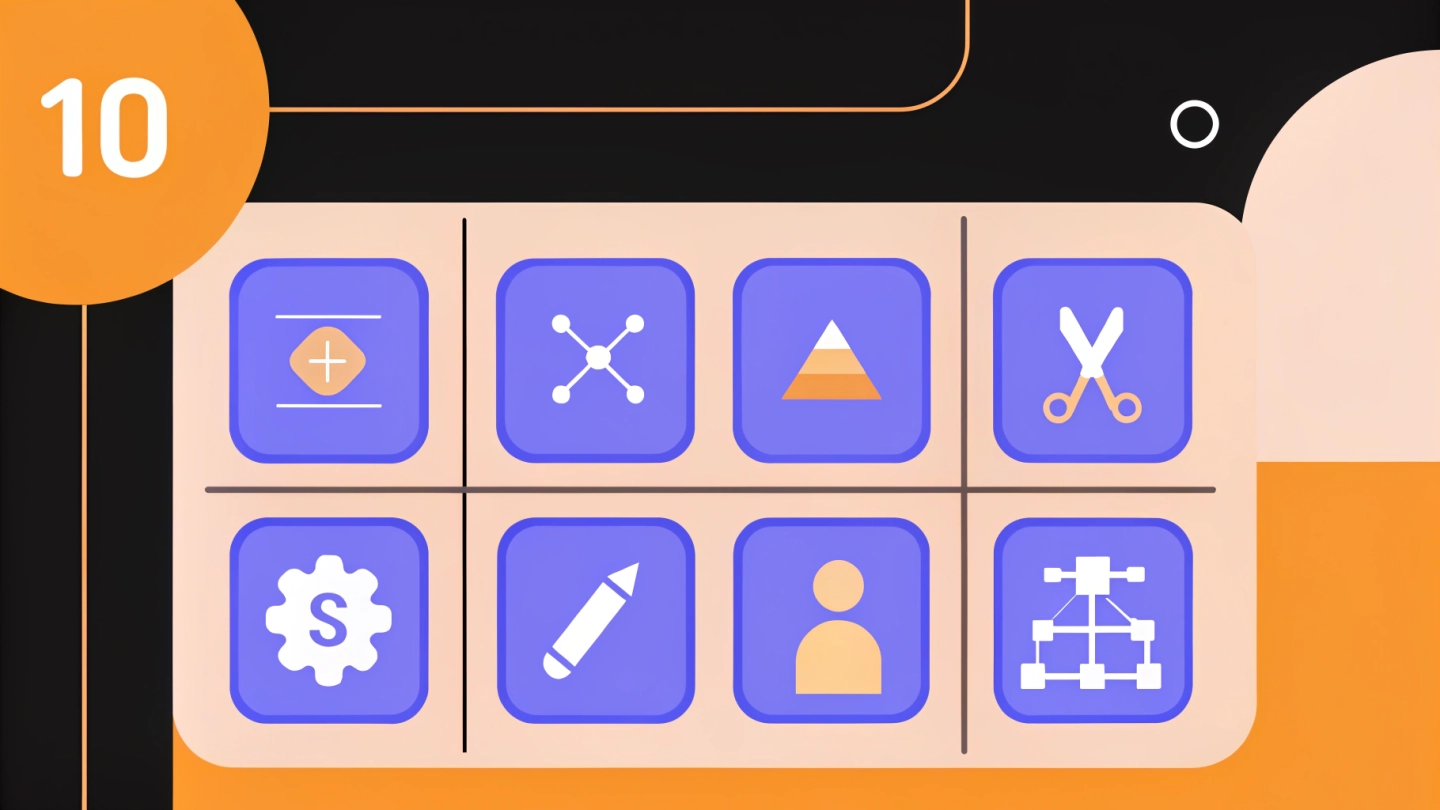
Introduction
The incorporation of Artificial Intelligence (AI) into the realm of app development is reshaping the software development scene significantly. Bringing forth new possibilities for creativity and productivity improvements. As companies navigate through the complexities of data handling issues; AI technologies are increasingly becoming indispensable resources that simplify operations and elevate user interactions.
With the emergence of both no coding platforms, in prominence; app creation is now more inclusive and welcoming to a diverse group of people looking to make their mark in the digital world. This piece discusses how AI is changing the game in application development by looking at tools and real world examples that are driving the industry forward into the future ahead of us all as companies adapt to this ever changing environment by grasping the significance of AI in app creation, for staying ahead of the curve.
The rise of AI in app development: An overview
The landscape of software development is changing fast, and at the heart of this transformation is AI. The best AI tools for app creation are redefining how we build software today. With about 90% of data being unstructured, companies are increasingly turning to AI to streamline processes and enhance user experiences. These tools automate mundane tasks and provide predictive insights, allowing developers to channel their energy into innovation and creative problem-solving.
Now, let’s talk about the rise of code and no-code platforms. These AI-powered solutions are democratizing app development. They enable those with programming skills to whip up functional software quickly, accelerating project timelines. This isn’t just about making life easier for developers; it’s about making technology accessible for businesses of all sizes. When you expand access to tech, you empower everyone — from startups to established enterprises.
A recent survey reveals some eye-opening statistics:
– 46% of business owners expect AI to handle responses to coworkers,
– 44% anticipate AI generating content in multiple languages.
These numbers highlight our growing reliance on AI across various sectors. And it’s not just app development; the self-driving car industry is proving to be more than a fad, raking in $173 billion globally. Clearly, the influence of AI stretches far beyond just making apps.
However, with great opportunity comes great challenge. Perspectives on AI vary significantly across the globe. Take a look at a 2022 IPSOS survey:
– 78% of people in China view AI products positively,
– only 35% of Americans feel the same way.
This skepticism in the U.S. could slow down AI adoption compared to other regions, and that’s something to keep an eye on.
As AI continues to advance, the best AI tools for app creation will be crucial for enhancing efficiency and accessibility. For modern enterprises, it’s not just an option; it’s a necessity. Embrace it or get left behind.
Top AI tools revolutionizing app creation in 2025
Let’s talk about app development. It’s no longer just for coders.
- Platforms like AppGyver are changing the game. This user-friendly tool lets anyone create apps without the coding headaches. Whether you’re a novice or a pro, AppGyver has the components you need. For companies looking to streamline their app creation, this is the way to go.Now, consider this: by 2025, 65% of app creation will shift to no-code solutions. That’s where platforms like AppGyver come into play. They’re becoming essential.
- Then there’s Bubble. It’s flexible and simple, making it one of the best tools out there. Bubble empowers users to build web applications using a visual interface. If you’re a startup aiming to innovate quickly, Bubble is your ally. With 68% of organizations looking to upskill their IT teams, Bubble offers a clear path to application development.
- Next up is Adalo. This platform is all about productivity and speed. It enables users to design and launch mobile applications effortlessly. Adalo’s features encourage updates and user engagement, making it ideal for businesses focused on customer interaction.
- OutSystems is designed for the enterprise level. It’s a low-code platform that excels in integration and scalability. Larger companies looking to enhance operational efficiency should look here.
- Then we have Mendix. It fosters collaboration between IT and other departments, speeding up application development. If flexibility and teamwork are your priorities, Mendix is a solid choice.
- Let’s not forget Thunkable. It’s known for its accessibility. This platform allows anyone to create mobile apps for both iOS and Android, no coding skills required. It’s all about making app development inclusive and getting more people involved.
- Microsoft Power Apps is a heavyweight in this space, part of the Microsoft Power Platform. It enables companies to develop custom applications that work seamlessly with Microsoft services. With $2 billion in revenue and over 7 million active users each month, it’s a major player.
- Zoho Creator. This versatile low-code platform offers a wide range of templates and customization options to meet diverse organizational needs.
- And let’s not overlook Appian. This platform focuses on optimizing workflows and boosting productivity through process automation tools.
- Last but not least, Glitch provides a collaborative environment for developers. It’s a place where you can quickly create and share web solutions while receiving feedback from a community that values innovation. If you’re looking to sharpen your skills in an engaging setting, Glitch is worth exploring.
In summary, the landscape of app development is evolving. With these platforms, anyone can dive in and start building. The future is here, and it’s code-free.
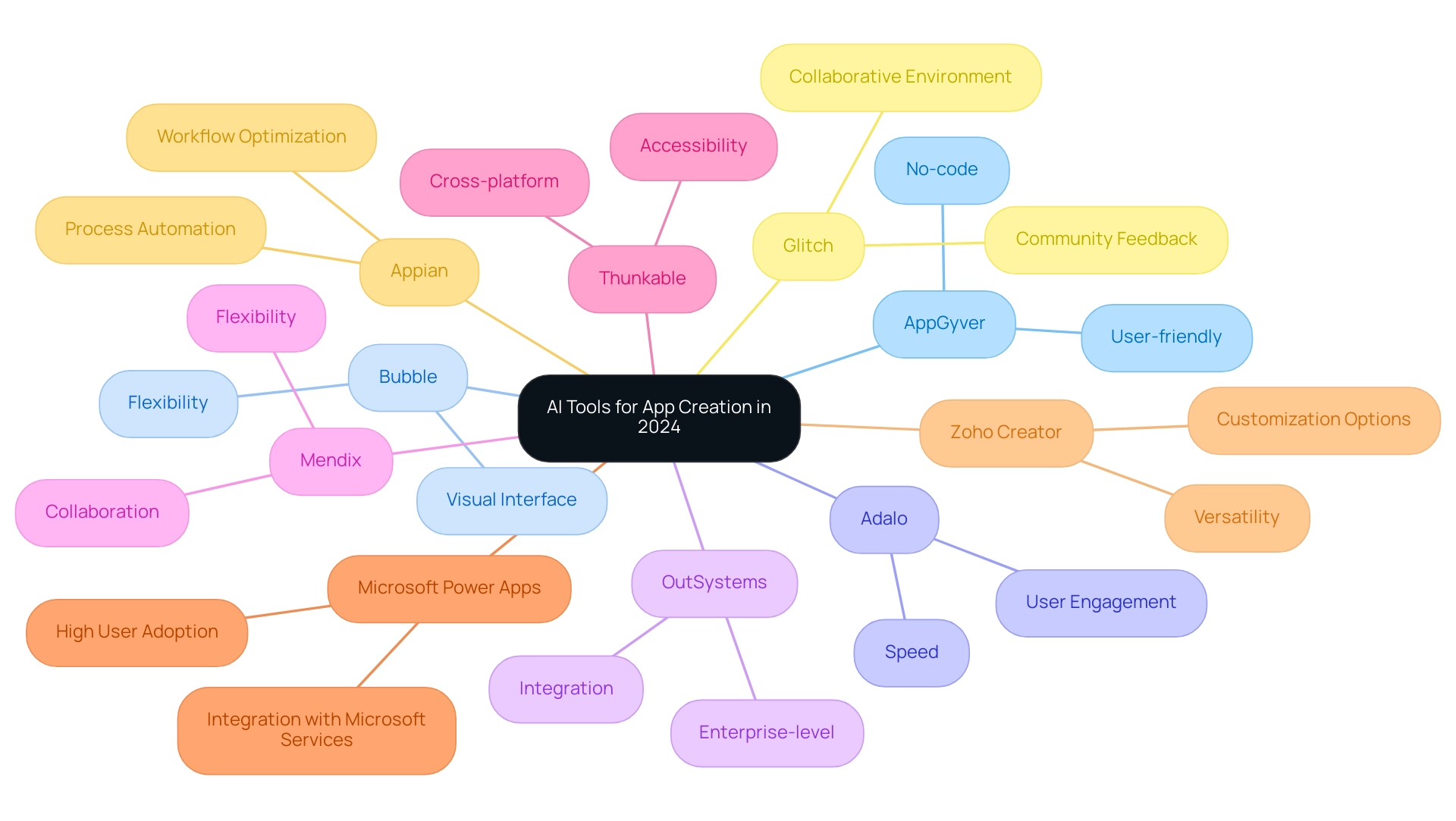
Key features of the best AI app development tools
In the world of AI application development, the tools at your disposal are like a toolbox filled with different instruments, each designed for specific tasks. Gabriel Bejarano puts it bluntly: “AI won’t replace developers soon, as there is a great deal of creativity involved in the process.” This underscores a critical point — human creativity is irreplaceable when it comes to leveraging these tools effectively.
Let’s break down some of the top players in this space:
- First up, we have AppGyver. It’s got a drag-and-drop interface that makes it user-friendly. Think of it as the Swiss Army knife of app development, with a variety of components that allow teams to collaborate in real-time. This makes the development process not just smoother, but also more efficient.
- Then there’s Bubble, often hailed as the best AI for app creation. It empowers users to build complex applications without needing to write a single line of code. Its responsive design ensures that apps perform well on any device, while robust database management enhances functionality. It’s like giving a painter a full palette of colors to work with.
- Adalo shines in user interaction. It offers a range of ready-made templates for quick deployment, making it an ideal choice for companies eager to get their products into the market fast. If speed is of the essence, Adalo is your go-to.
- When it comes to enterprise-level solutions, OutSystems takes the cake. With high-level security and scalability features, it’s designed for commercial software that needs to integrate seamlessly with existing systems. It’s like having a fortress that’s also a highway — secure yet accessible.
- Mendix acts as a bridge between enterprises and IT. It provides collaboration tools that foster harmony among stakeholders, along with prototyping and deployment features that speed up the development process. It’s about making sure everyone is on the same page while moving quickly.
- Thunkable is another standout, particularly for cross-platform app creation. It allows for real-time testing during development, which is invaluable for catching issues early. Plus, it has a community that’s all about problem-solving and knowledge sharing. Think of it as a workshop where everyone helps each other out.
- Microsoft Power Apps integrates effortlessly with Microsoft services, offering a plethora of data connectors and customizable templates to meet various organizational needs. It’s like having a universal remote for your business applications.
- Zoho Creator offers extensive customization features and pre-built tools that cater to a variety of business needs. If you’re in the market for tailored solutions, Zoho could be your answer.
- Appian focuses on process automation. With its user-friendly interface and strong analytics capabilities, it helps companies track performance and improve operations efficiently. It’s the kind of platform that promotes not just doing things right, but doing the right things.
As for coding, there’s a platform that promotes live editing and community support, making it one of the best AI tools for learning and sharing coding techniques.
And let’s not overlook the impact of AI in the broader landscape. In November 2024, ChatGPT made waves by landing among the top 100 Google searches, racking up 130 million queries. This reflects a growing fascination with AI innovations.
Looking ahead, HatchWorks predicts that advancements in AI will enhance developer efficiency and tool effectiveness for businesses. As the demand for innovative software solutions continues to rise, these tools will evolve to meet those needs. The key takeaway? In the race of app development, staying ahead means embracing these tools while keeping the creative human touch at the forefront.
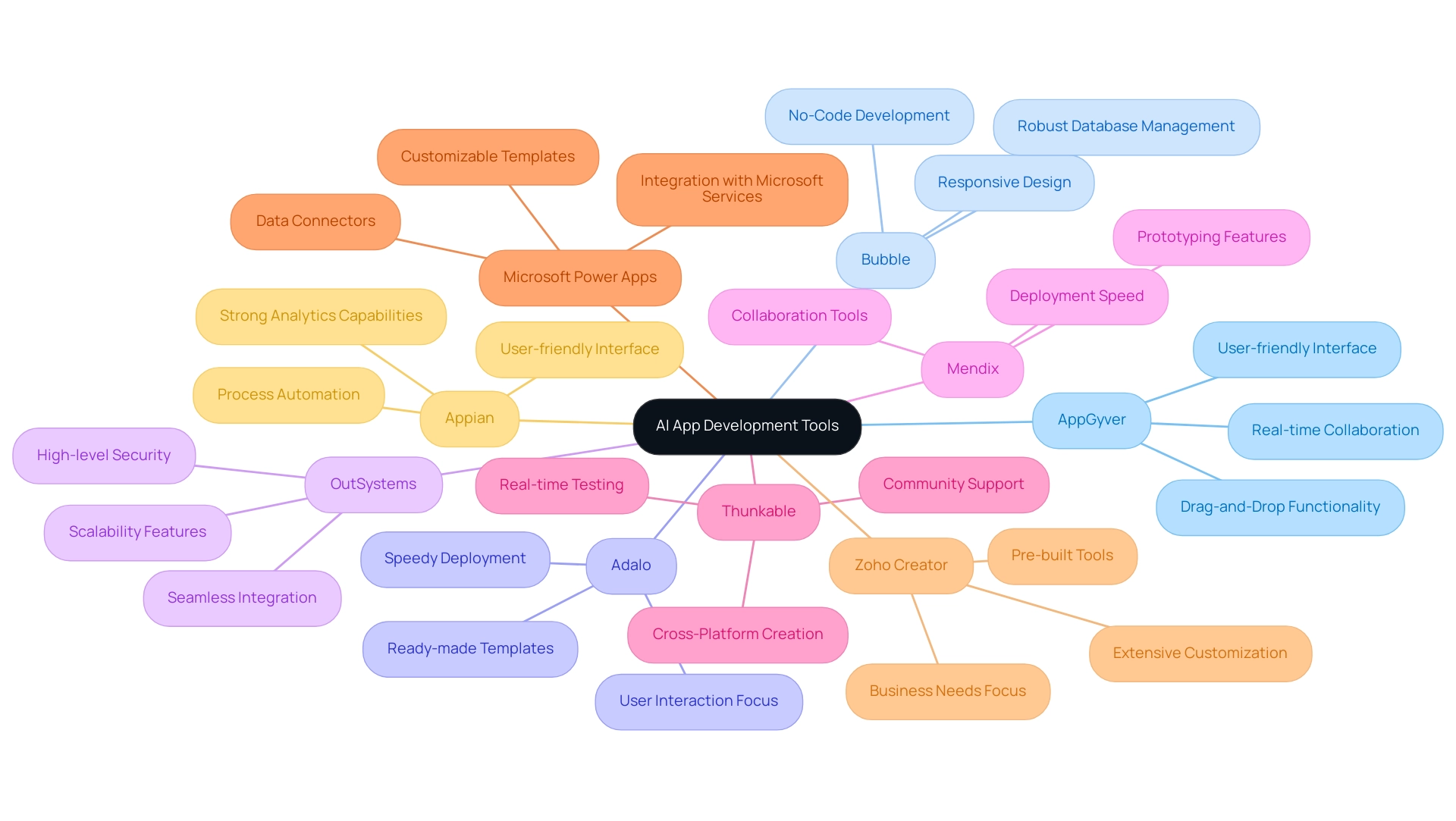
Real-world applications: How AI is transforming app development
AI is changing the game in app development across various sectors. It’s not just a trend; it’s a necessity. Companies that harness AI are finding smart, tailored solutions that meet market demands head-on. Take a healthcare startup, for example. They used Bubble to create a telemedicine app that made patient consultations easier. The result? A remarkable 30% boost in patient participation. That’s not just good news; it’s a game changer.
Now, let’s talk retail. One business tapped into Adalo’s features to build a platform that personalizes shopping experiences. The outcome was a 25% increase in sales and a surge in customer loyalty. It’s clear: when you put the customer first, the numbers follow.
In education, a non-profit leveraged Thunkable to create an educational tool that significantly improved student engagement and academic performance. This is what happens when you prioritize user needs — real, measurable success.
Even giants like Google are in on the action. Google Photos uses image recognition and machine learning to automatically organize and tag images. This not only enhances user experience but also makes it easier to relive cherished memories.
These examples highlight a crucial point: the right AI can accelerate app development and help businesses create customer-centric solutions. As Gabriel Bejarano wisely noted, “AI won’t replace developers soon; there’s a lot of creativity required in the process.” Remember, technology is a tool, but creativity is what drives innovation.
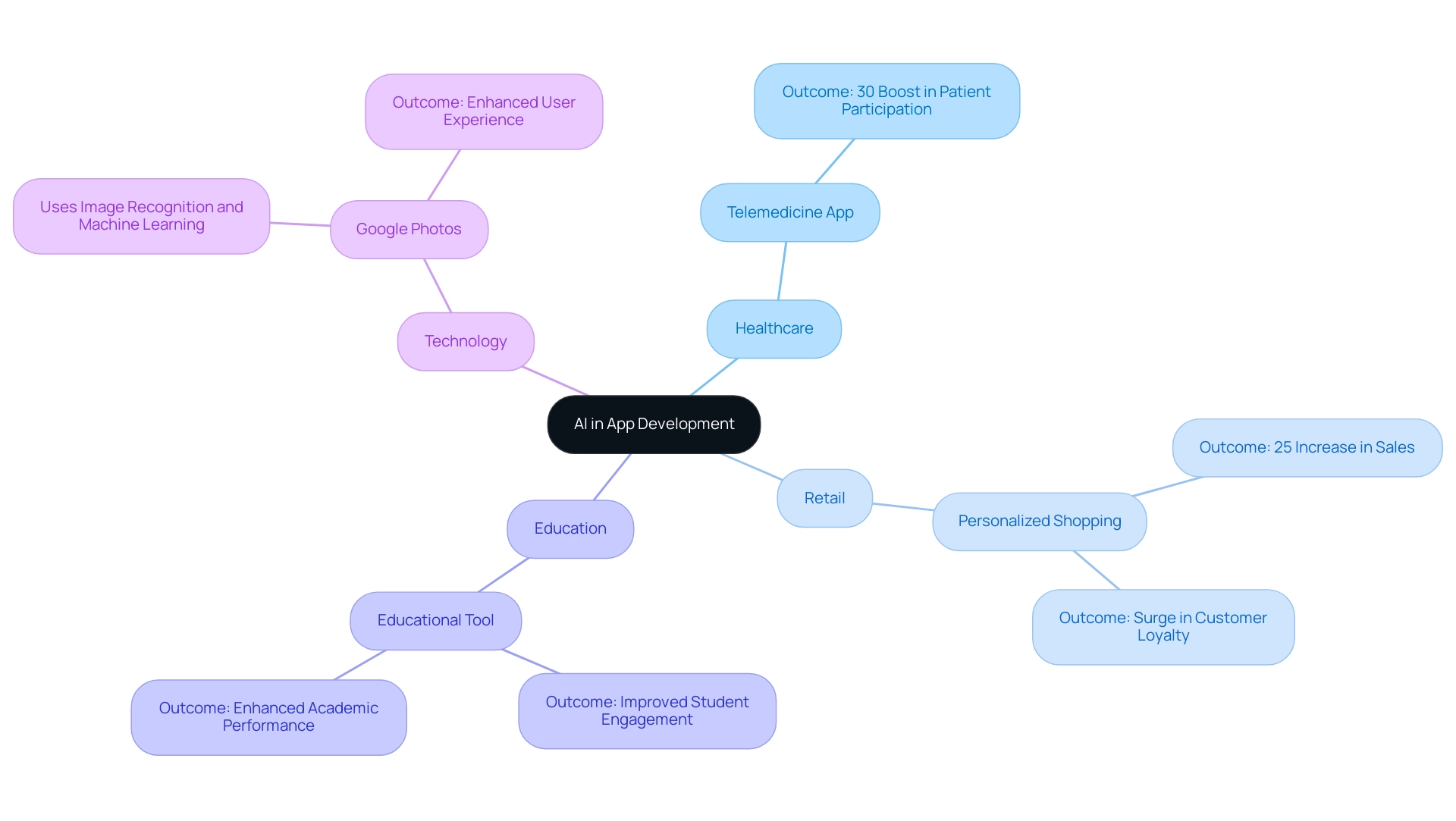
Future trends: The next frontier in AI-driven app development
The world of app development is on the brink of a major transformation, thanks to advancements in AI. Machine learning algorithms are not just buzzwords; they’re becoming essential tools for developers. These tools help predict user preferences and needs with greater accuracy. But here’s the kicker: 40% of business leaders think that cutting-edge AI tech and the talent to wield it are too expensive right now. That’s a real barrier for small business owners who want to get in on the action.
Now, let’s talk about the game-changer: the combination of AI with augmented reality (AR) and virtual reality (VR). This isn’t just an upgrade; it’s a revolution in how users interact with apps. Imagine immersive experiences that grab attention like never before. According to The Insight Partners, global AI chip revenue is projected to soar to $83.25 billion by 2027. That’s not just a number; it’s a clear signal of the growing importance of these technologies.
But it doesn’t stop there. Ethical AI is becoming a priority for developers. They need to focus on user data privacy and security. In a world where data breaches are all too common, this is not just nice to have; it’s essential.
Take HatchWorks, for example. They’ve embraced AI in their software development process, resulting in a productivity boost of 30 to 50 percent for developers. This is a clear message for small business owners: AI tools like ChatGPT can significantly enhance your services and streamline operations.
And here’s a stat that should grab your attention: the AI avatar industry was valued at $5 billion in 2023 and is expected to grow by over 30% annually from 2024 to 2032. This trend presents a huge opportunity for small businesses to leverage the best AI for app development, along with AR and VR technologies, to stay competitive in a rapidly evolving landscape.
The bottom line? Embrace these advancements or risk getting left behind.
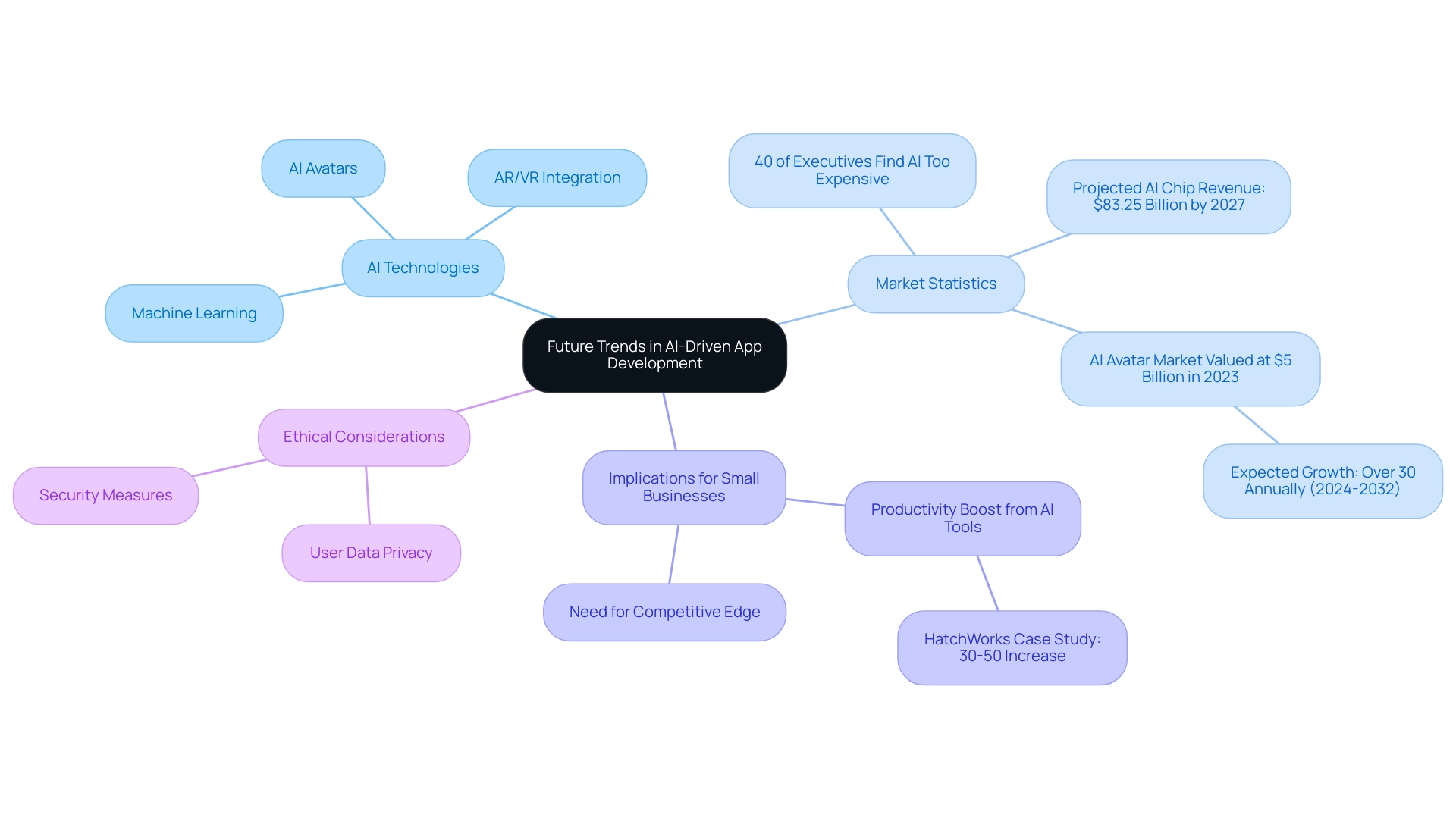
Conclusion
The incorporation of Artificial Intelligence in the development of applications is transforming the industry by increasing efficiency and accessibility to a new level. Various AI powered tools and platforms have shown how developers can:
- Simplify processes
- Upgrade user interactions
- Encourage innovation without requiring coding skills
The emergence of no code and low code platforms represents a move towards inclusivity, enabling a range of people to participate in shaping the digital environment.
In fields such as healthcare, retail, and education sectors, the practical advantages of AI are evident through custom solutions that result in:
- Higher user participation
- Significant business expansion
With the advancements in AI technology, there is a commitment to improving application capabilities, fostering a development approach that prioritizes user needs.
In the evolving landscape of app development lies a promising future for AI technology with its focus on:
- Machine learning improvements
- Integration of augmented reality
While upholding ethical practices that prioritize safeguarding user data security — a pivotal element for businesses seeking to remain competitive amidst constant change in the industry landscape. Indubitably crucial for companies is the incorporation of these cutting edge advancements to ride the wave of innovation that will mold the wave of applications and ensure lasting success through adaptation and utilization of these groundbreaking technologies.



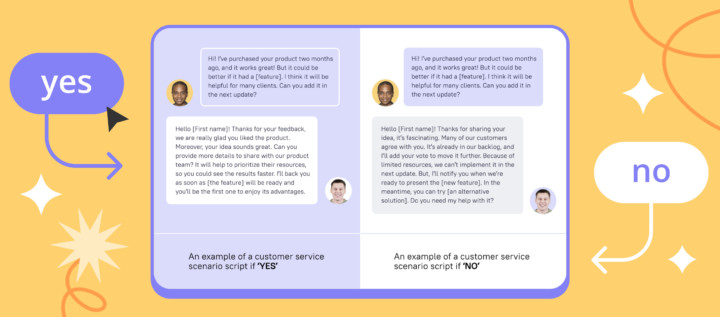


![The ultimate guide to growth marketing in 2025 [explained by a growth hacker]](https://www.dashly.io/blog/wp-content/uploads/2023/04/The-ultimate-guide-to-growth-marketing-explained-by-a-growth-hacker-720x317.png)
